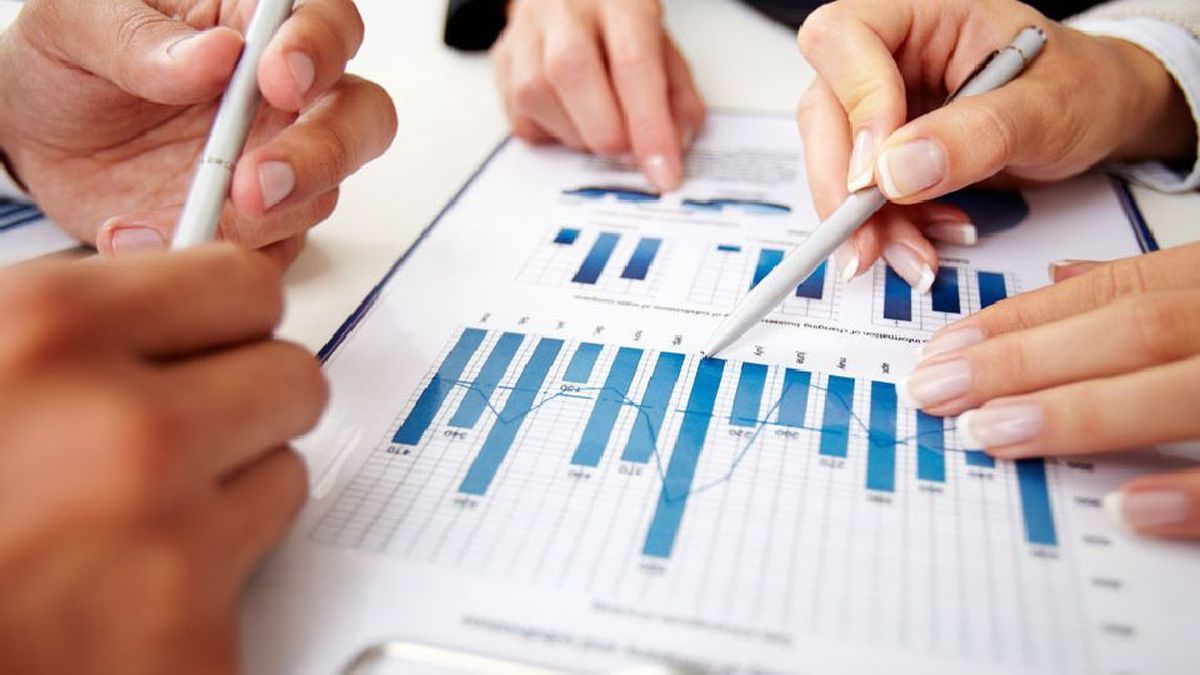I have been working in the news industry for over 6 years, first as a reporter and now as an editor. I have covered politics extensively, and my work has appeared in major newspapers and online news outlets around the world. In addition to my writing, I also contribute regularly to 24 Hours World.
Menu
Swimming Olympic champion: Wellbrock before the swimming world championships: “I see a crisis in the association”
Categories
Most Read
Cristiano Ronaldo record: he became the first billionaire footballer in the world, according to Bloomberg
October 8, 2025
No Comments
Cristiano Ronaldo spoke for the first time about the possibility of retiring
October 8, 2025
No Comments
Will there be visiting fans in the Reduced First National?
October 8, 2025
No Comments
The negative streak that the Argentine Under 20 National Team will seek to end in the World Cup
October 8, 2025
No Comments
The Argentine player who could play the 2026 World Cup for another country if he does not quote him Scaloni
October 8, 2025
No Comments
Latest Posts

World Investor Week: how to go from saver to investor and make your money work
October 8, 2025
No Comments
October 8, 2025 – 17:11 To be an investor, you have to take your saved money and turn it into an investment portfolio that is

Stephanie Venier: Named athlete of the year with a baby bump
October 8, 2025
No Comments
With a baby bump: Stephanie Venier is athlete of the year. The prize will have a place of honor with Oliver Glasner. Athlete of the

Goodbye to Magis TV: after the application was blocked, these are the best alternatives to watch free movies at home
October 8, 2025
No Comments
October 8, 2025 – 16:31 The closure of Magis TV pushed thousands of users to leave pirate platforms behind and opt for official, safe and
24 Hours Worlds is a comprehensive source of instant world current affairs, offering up-to-the-minute coverage of breaking news and events from around the globe. With a team of experienced journalists and experts on hand 24/7.

